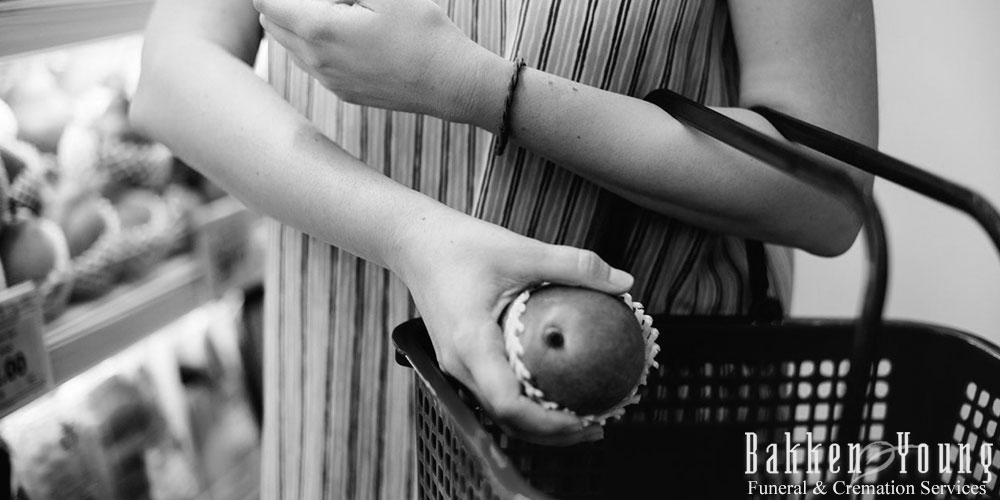by Chaplain Julia Rajtar, MAPS, BCC
A woman, living in a smaller rural community, was grocery shopping. Her husband had died only 2 weeks prior. As she was shopping, people would stop and ask her, “How are you?” Her grief so new and raw, she responded with that look that went from I’m doing ok to the struggle to hold back the flood of tears in her eyes. The next time she went grocery shopping, she ran into a few other people, one of which had no idea her husband died, and so they asked with energy and enthusiasm, “Hi, How are you?” The widow said, “um… John died…” and then there was that awkward silence, neither knowing what to say next. After that, for about 6 months, the widow decided to go grocery shopping in another town.
The Bereaved’s Response
Here are some ways the bereaved have responded when asked, “How are you?”
- Told the truth, often sharing so much emotion the other doesn’t know what to say or do next
- Answered, “I’m ok”, even when they really are not
- Responded: Thank you for asking, I prefer not to discuss this here and now. Would you like to grab a coffee, come over for some tea? Maybe, can I come over to your place to talk?
- Or, when someone, whom the bereaved recognize, is approaching, go to a different aisle or a completely different grocery store in another community
The first few months after the death of our loved one, are not only heart breaking and emotionally exhausting, but we are bombarded with two realities. The first reality, is where those who are aware our loved one has died, will ask us out of both courtesy and compassion, How are you? The second reality is where those who were not aware a loved one has died see you and in their desire to be polite ask, How are you, and you know in an instant, they don’t know.
Is there a better question we could ask then “How are You”?
When we are not aware of a death, “How are you?” is a genuinely sincere question which the bereaved will have to choose how to respond to. After we are aware, perhaps saying hello and offering to help in some way – while in a public place like the grocery store, can be more appropriate. If however, you are one of those 3am friends who can be called upon for anything at any time, or are a listener who will not give advice but simply be present, then you know the grocery store is not a place to engage in this conversation. Another way of holding this conversation in a public place can be:
“I can’t imagine how you are doing on the inside. I would be happy to visit with you
when you want to talk, and will call you in a few days, or here is my phone number.”
Is there a better answer?
For the bereaved, is there a way to answer this question, without feeling like you are telling an untruth? Is it possible to let the questioner know you appreciate their asking yet do not want to engage in that conversation right now – without sounding impolite or evasive?
“I truly appreciate you asking. At this time I prefer not to talk about it and please don’t forget about me in the future or maybe you could stop by sometime?”
Polite is good and thoughtful. Being willing to sit with the bereaved when they need can be more helpful, even if by phone call only. Giving the bereaved the chance to talk if they want or not to, gives them some control in a time when they feel like they have none. It is perfectly acceptable to take a pause from the grief and not talk about it, especially in such a public space like the grocery store.


Add Comment